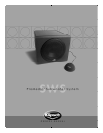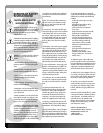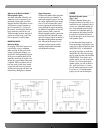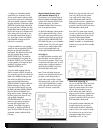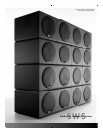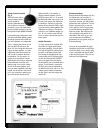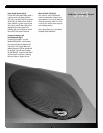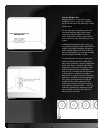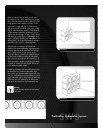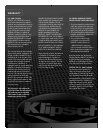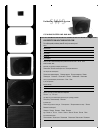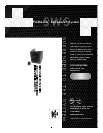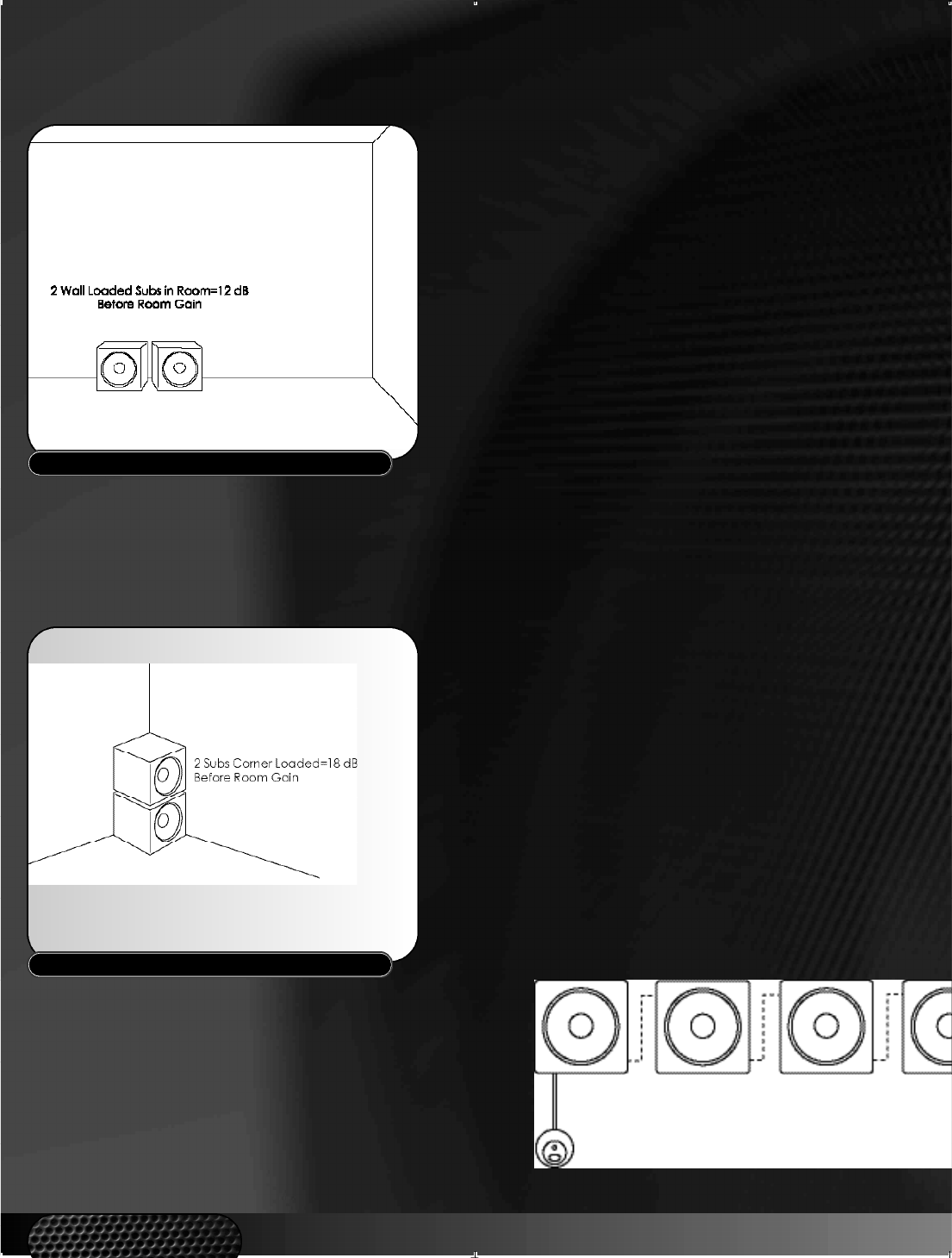
FIGURE 1
FIGURE 2
More Fun with More Subs
Multiple subwoofers can be used to increase
sound pressure over a single unit, and efficient
use of room boundaries can additionally increase
sound pressure.
Like any other type of engineering, the art and
science of loudspeaker design often revolves
around overcoming obstacles thrown up by
nature. Every once in a while, however, physics
turns out to be our friend. Subwoofers are a case
in point.
At the frequencies where subwoofers operate, you
can get fairly astonishing increases in maximum bass
output by using multiple subwoofers, placing them
against room boundaries (walls, floor), or both. At
the very lowest frequencies, you even get some boost
just from having the subwoofer in a ro o m .
This last phenomenon is known as "room gain,"
and you actually get more of it in small rooms
than in large ones. Below a frequency determined
by the room volume, a speaker’s output will be
progressively reinforced at a rate close to that at
which its response naturally rolls off below its
lower limit. So a subwoofer that has flat response
to 30 Hz outdoors would hold up strongly to
below 20 Hz in a typical living room. In a typical
bedroom or small office, the boost might begin at
40 or 50 Hz, which dovetails nicely with the
capabilities of the smaller speakers and sub-
woofers that would tend to be used in such set-
tings. Make the room even smaller — well, if you
have been wondering how people get so much
bass out of their cars, here is your answer! A
freer lunch you will not find.
Controls all subs downstream 444444



